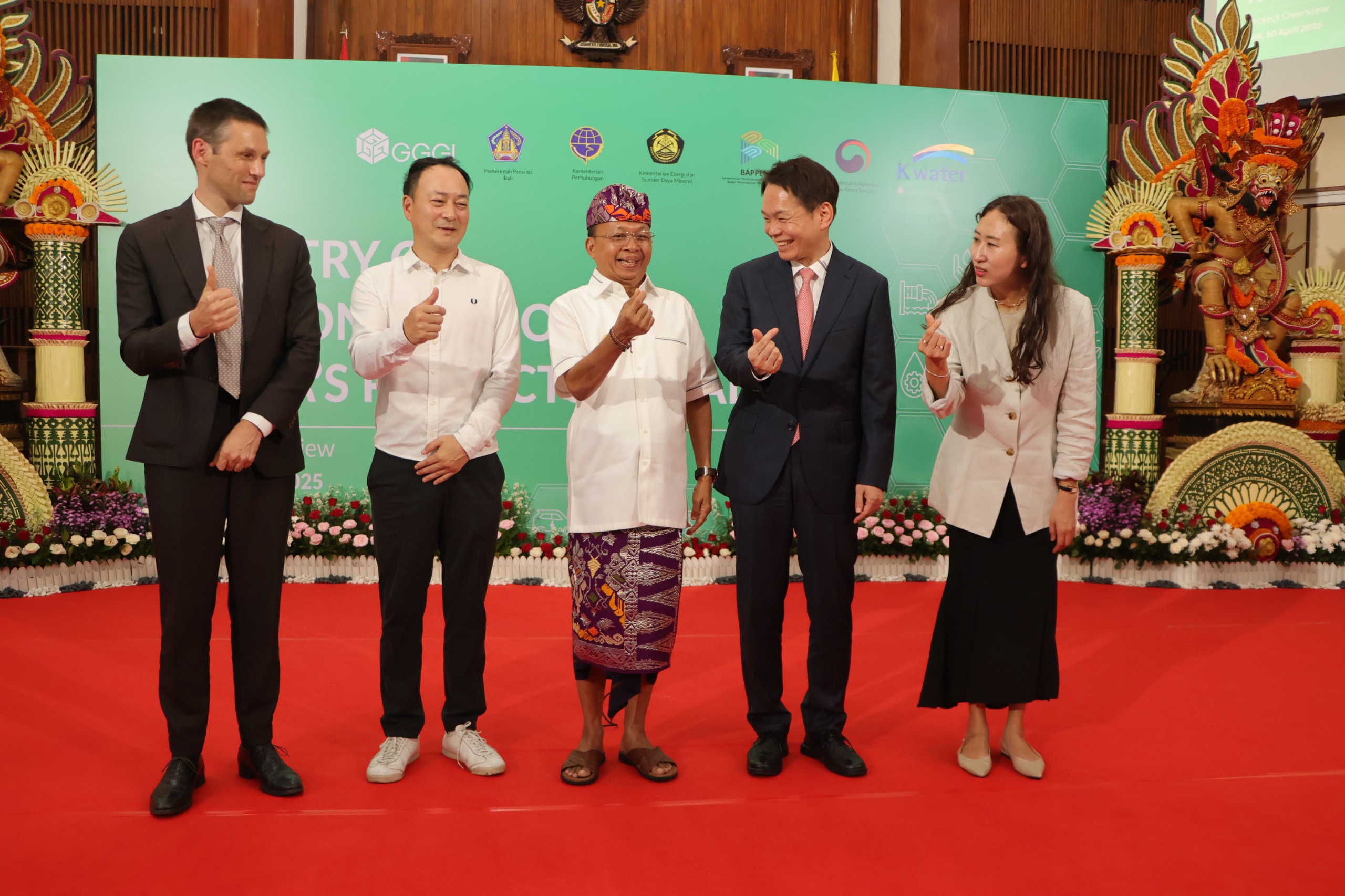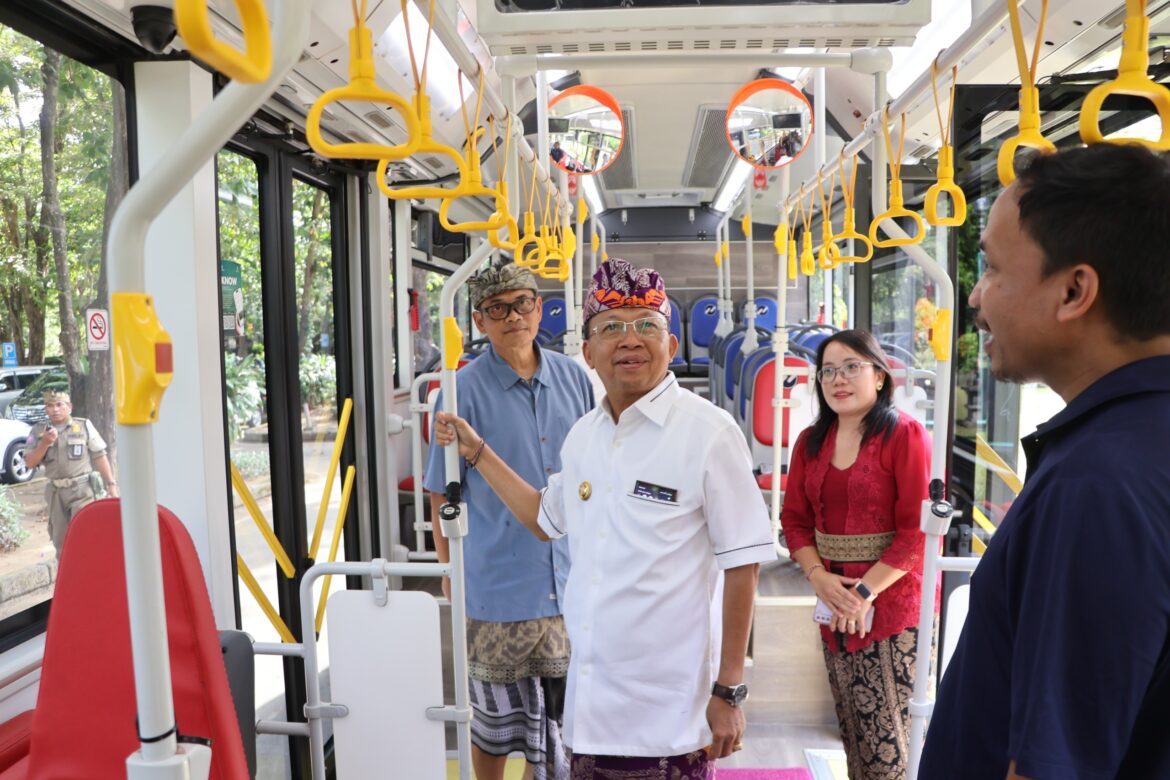BALI, ULTIMOPARADISO.COM – The Provincial Government of Bali and the Global Green Growth Institute (GGGI) welcomed the Ministry of Environment of Korea (MoE) delegation in Denpasar today to strengthen partnerships on sustainable transport, shortly after they visited Jakarta.
One of the purposes of the visit is in the context of the Piloting Electric Vehicle Systems and Developing a Green Transportation Investment Roadmap in Bali (Bali E-mobility) Project, funded by the MoE and supported by GGGI. The project aims to support the Government of Indonesia’s strategic priorities to stimulate investments to accelerate sustainable and green transportation by introducing electric buses while simultaneously contributing to Indonesia’s Nationally Determined Contribution (NDC) targets, also known as its climate commitment. It is implemented with the Ministry of National Development Planning (Bappenas), the Ministry of Transportation, the Ministry of Energy and Mineral Resources, and the Bali Provincial Government.
Greenhouse gas emissions from the transportation sector in Bali have reached 43% of the total emission level, however, the province has already issued enabling policies and regulations to attract investment in deploying electric vehicles and raise public awareness of their benefits.
“Sustainable transport will benefit 4,4 million people living in Bali. This is not an easy feat and an effective policy and regulatory environment that enables green transportation investments are needed to achieve this goal. We appreciate the Korean delegation’s visit to our island, and we hope we can learn from each other,” said Bali Governor Dr. Ir. Wayan Koster.
During this occasion, the Korean delegation conducted a technical tour in Bali to preview the potential bus deployment. The ongoing project’s feasibility study will help determine deployment routes, the number and type of e-buses and charging units, and the location of the e-bus depot tailored to the characteristics and needs of the Balinese people and tourists, given Bali’s reputation as Indonesia’s number one tourist destination.
“Beyond tourism, Bali has also become a prime example of environmental leadership with its innovative policies to promote sustainability. The Ministry of Environment of Korea is fully committed to supporting Bali’s sustainable future and is prepared to join you in this important journey,” said Vice Minister of the Ministry of Environment of the Republic of Korea, Mr. Lee Byounghwa.
Developing the electric vehicle ecosystem is one of the energy transition policy strategies in supporting the achievement of the 70% target by 2045 and boosting Indonesia’s sustainable economic growth. This is according to Law Number 59 of 2024 on the National Long-Term Development Plan (RPJPN) 2025-2045.
Bali’s Governor Regulation Number 45 of 2019 on clean energy and Governor Regulation Number 48 of 2019 on the use of battery-based electric motor vehicles provide a foundation for the province’s regional action plan to accelerate the electrification of private vehicles and public transport opportunities.***


